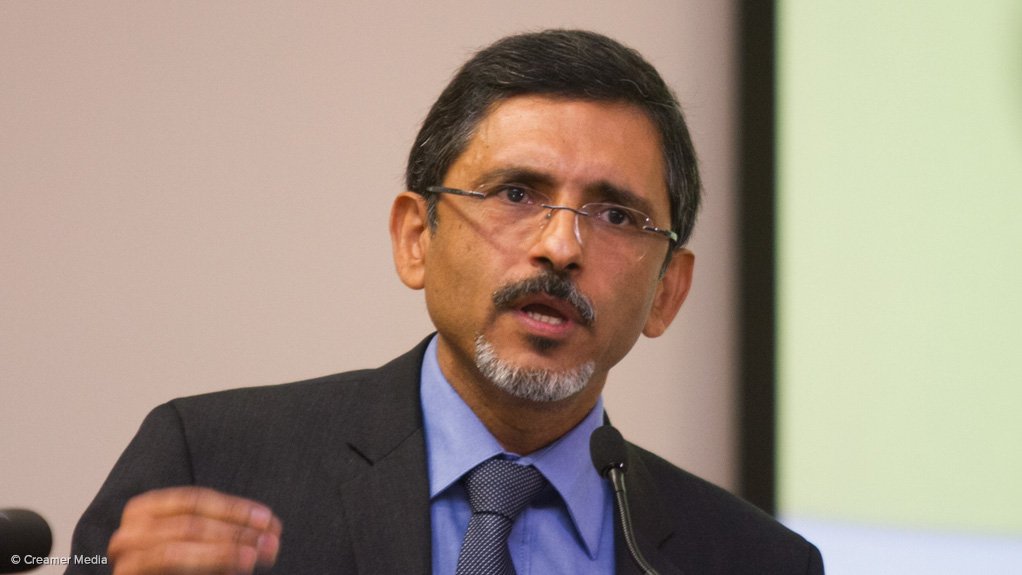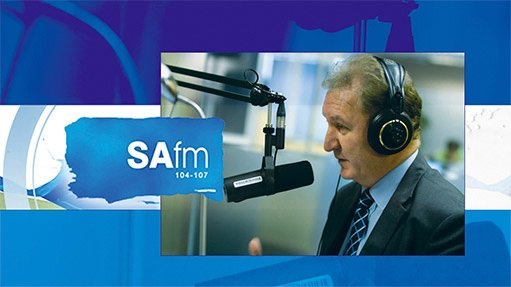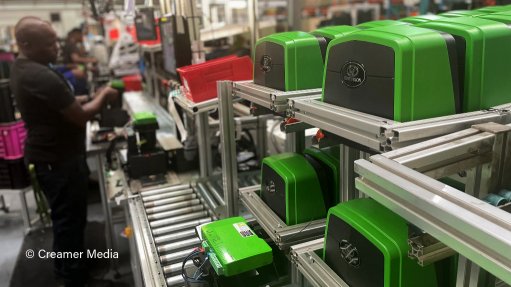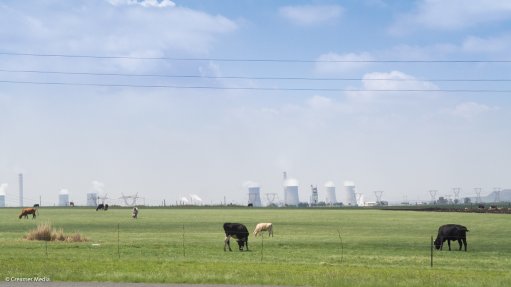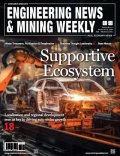Competition Amendment Bill moves to give teeth to market inquiry instrument
Economic Development Minister Ebrahim Patel released the Competition Amendment Bill for public comment on Friday, indicating that he expects the proposed legislation to be placed before lawmakers during the first half of 2018.
The amendments, which were drafted with the assistance of an expert panel appointed in May, will be subjected to a 60-day period of public comment and consultation, after which adjustments will be made before Cabinet approval is sought. Patel expects the Bill to received Cabinet approval early in 2018, following which it will be subjected to the normal Parliamentary processes.
The amendments primarily seek to strengthen the hand of the competition authorities to tackle economic concentration and transformation. However, other adjustments have also been included in a bid to improve the Competition Act’s alignment with the Constitution and its own preamble, as well as to streamline the functioning of competition institutions.
Patel argues that the South African economy remains highly concentrated, pointing to the outcomes of a recent Competition Commission study that found there to be 294 dominant firms in defined markets identified in 31 sectors.
The “package” of amendments published seeks to overlay a requirement for the competition authorities to consider the structural issues of economic concentration and transformation when considering mergers and acquisitions, as well as when adjudicating abuse of dominance complaints.
The package, however, also “widens the mandate and deepens the powers” of the competition authorities in their use of the market inquiry instrument, which empowers the Competition Commission to investigate the general state of a specific market, rather than the conduct of particular firms.
The proposed new architecture makes the commission’s market-inquiry findings “binding, unless challenged in the Competition Tribunal”; a material departure from the prevailing scenario, where the commission simply makes recommendations.
Patel says the proposed changes will not only add greater power and focus to the inquiries, but should also offer improved predictability, owing to the stipulation that such inquiries be completed within 18 months. In addition, the amendments seek to outline the procedural framework that should be followed; including how confidential information must be dealt with.
“The Bill is quite a significant policy shift by government, to introduce economic concentration as an explicit consideration in all competition proceedings,” Patel avers.
He is also optimistic that the consultation process will endorse the approach adopted, notwithstanding prevailing concern that the Bill may place unrealistic expectations on the competition authorities and what the legislation can achieved with regards to changing the structure of the South African economy.
Various options were assessed for dealing with economic concentration, from retaining the status quo to writing a new law and establishing parallel institutions to tackle the problem.
“Currently, the competition authorities look at behaviour, or market conduct. What this package proposes is that they should also look at structure . . . rather than setting up a separate regulatory authority to look at structure,” Patel explained.
The approach proposes an integration of the issues of economic concentration and transformation into the existing framework and instruments, while empowering the authorities to accommodate such assimilation.
Panel member advocate Michelle le Roux argues that the issues of concentration and exclusion fall squarely within the ambit of competition law: “Either they are within the remit of the existing authorities because they have a competition effect, or because there are public interest concerns within the Act.”
Already, mergers in South Africa have to be justified on both competition and public interest grounds. “All we have done is ensure that, when you’re doing both of those tests, you explicitly consider transformation and concentration questions,” Le Roux explains.
Article Enquiry
Email Article
Save Article
Feedback
To advertise email advertising@creamermedia.co.za or click here
Comments
Press Office
Announcements
What's On
Subscribe to improve your user experience...
Option 1 (equivalent of R125 a month):
Receive a weekly copy of Creamer Media's Engineering News & Mining Weekly magazine
(print copy for those in South Africa and e-magazine for those outside of South Africa)
Receive daily email newsletters
Access to full search results
Access archive of magazine back copies
Access to Projects in Progress
Access to ONE Research Report of your choice in PDF format
Option 2 (equivalent of R375 a month):
All benefits from Option 1
PLUS
Access to Creamer Media's Research Channel Africa for ALL Research Reports, in PDF format, on various industrial and mining sectors
including Electricity; Water; Energy Transition; Hydrogen; Roads, Rail and Ports; Coal; Gold; Platinum; Battery Metals; etc.
Already a subscriber?
Forgotten your password?
Receive weekly copy of Creamer Media's Engineering News & Mining Weekly magazine (print copy for those in South Africa and e-magazine for those outside of South Africa)
➕
Recieve daily email newsletters
➕
Access to full search results
➕
Access archive of magazine back copies
➕
Access to Projects in Progress
➕
Access to ONE Research Report of your choice in PDF format
RESEARCH CHANNEL AFRICA
R4500 (equivalent of R375 a month)
SUBSCRIBEAll benefits from Option 1
➕
Access to Creamer Media's Research Channel Africa for ALL Research Reports on various industrial and mining sectors, in PDF format, including on:
Electricity
➕
Water
➕
Energy Transition
➕
Hydrogen
➕
Roads, Rail and Ports
➕
Coal
➕
Gold
➕
Platinum
➕
Battery Metals
➕
etc.
Receive all benefits from Option 1 or Option 2 delivered to numerous people at your company
➕
Multiple User names and Passwords for simultaneous log-ins
➕
Intranet integration access to all in your organisation



